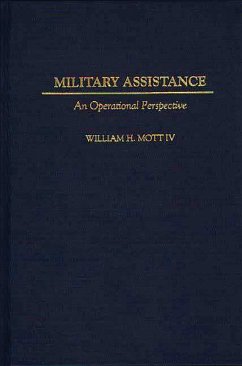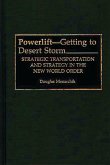This work provides a theoretical and historical examination of the relationship between provision of military assistance and success in achieving donor aims. Eight case studies, which include the American Revolution, the Napoleonic Wars, and the Vietnam War, are examined to assess four prominent features of the donor-recipient relationship: the convergence of donor and recipient aims; donor control; commitment of donor military forces; and coherence of donor policies and strategies. As an essential part of the expanding body of multidisciplinary international scholarship, this book links history and theory to policy and narrows the gap between economics, political science, and military strategy.
Each chapter refines the relevant features of the observed donor-recipient relationships into a pattern for comparison with other episodes. The final chapter collects the observations, compares them, and develops a set of uniformities that suggest a prototypical, successful donor-recipient relationship, suitable for direct application as a policy paradigm or for theoretical investigation. Mott suggests that both donor and recipient governments can use military assistance as a deliberate instrument of national policy and military strategy to achieve national aims.
Each chapter refines the relevant features of the observed donor-recipient relationships into a pattern for comparison with other episodes. The final chapter collects the observations, compares them, and develops a set of uniformities that suggest a prototypical, successful donor-recipient relationship, suitable for direct application as a policy paradigm or for theoretical investigation. Mott suggests that both donor and recipient governments can use military assistance as a deliberate instrument of national policy and military strategy to achieve national aims.









